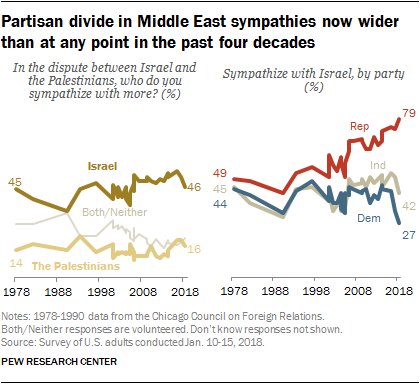Maajid Nawaz: Human rights are universal, Amnesty. Even Jewish rights
It seems that officially partnering with pro-jihadists was not off limits for the once great and greatly admired Amnesty International, yet hosting Israeli speakers with whom they disagree is. If ever there was proof that the regressive left rot is spreading into the core of our liberal culture, look no further than the way it has politicised this once bright beacon of human rights.
This week, Amnesty UK cancelled a Jewish Leadership Council organised debate it was due to host between Fred Carver of the UN Association, and Hillel Neuer of UN Watch. Amnesty had initially agreed to join the panel debate, but withdrew their speaker months ago.
On Monday they went even further by denying use of their venue entirely. The reason ostensibly cited by Amnesty was that because they are “currently campaigning for all governments around the world to ban the import of goods produced in the illegal Israeli settlements” they do not “therefore, think it appropriate for Amnesty International to host an event by those actively supporting such settlements.”
Amnesty is well within its legal rights to permit or deny whomever it likes to and from its own venue. But the right to do something is very distinct from it being the right thing to do.
So let’s get this straight. Because Amnesty International opposes trading in goods produced in the occupied West Bank, in one clean sweep they’ve decided to extend this boycott to human beings who simply express an opposing view.
The average American is likelier than Europeans to defend Jews, experts say
It’s better here: That was the message of a panel of experts considering the rise of the extreme right and of antisemitism in the United States and Europe.Partisan divide over Israel in the U.S. at historic level, poll finds
That was the good news at Monday’s forum, sponsored by Georgetown University’s Center for Jewish Civilization. The less good news was that no one could quite pin down why Americans were more resistant to antisemitism than Europeans.
“It’s far from perfect,” said Ira Forman, until January the international antisemitism monitor for the State Department. “We do it now better than we did 50 years ago, there’s no guarantee we will continue to do it, and frankly, we do it better with antisemitism than with anti-Muslim rhetoric and with racism.”
Forman cited American communities that spontaneously rallied to counter antisemitism in their midst, like the citizens of Whitefish, Montana who a year ago demonstrated ahead of a planned neo-Nazi march targeting the town’s tiny Jewish community, and civic leaders who, in 2013, called on an Oklahoma lawmaker to apologize for using the phrase “jew down.”
In both cases and in many others, he said, the drive to counter anti-Jewish rhetoric came in communities with small Jewish communities and seemed driven more by non-Jews who were repelled by the rhetoric.
Never has there been a greater divide between Democrats and Republicans on the subject of Israel in forty years of polling, according to a new survey published on Tuesday.
The Pew Research Center findings show Republicans more sympathetic than ever toward Israel, with Democrats increasingly divided, now equally likely to support the Palestinian cause. Prime Minister Benjamin Netanyahu remains a particularly divisive force.
The poll is released as US Vice President Mike Pence continues his tour of Israel touting the policies of the Trump administration, which 30% of Americans believe "favors Israel too much," according to the report.
Overall, 79% of Republicans sympathize with Israel in the survey compared to only 27% of Democrats.
Americans who are more favorably inclined to Israel are less likely to believe a two-state solution is possible than those inclined to the Palestinians. And belief in the possibility of peace is correlated with age: the younger you are, the more hopeful you are likely to be that an agreement can be reached.
"Since 2001, the share of Republicans sympathizing more with Israel than the Palestinians has increased 29 percentage points," the pollsters found. "Over the same period, the share of Democrats saying this has declined 11 points."





































